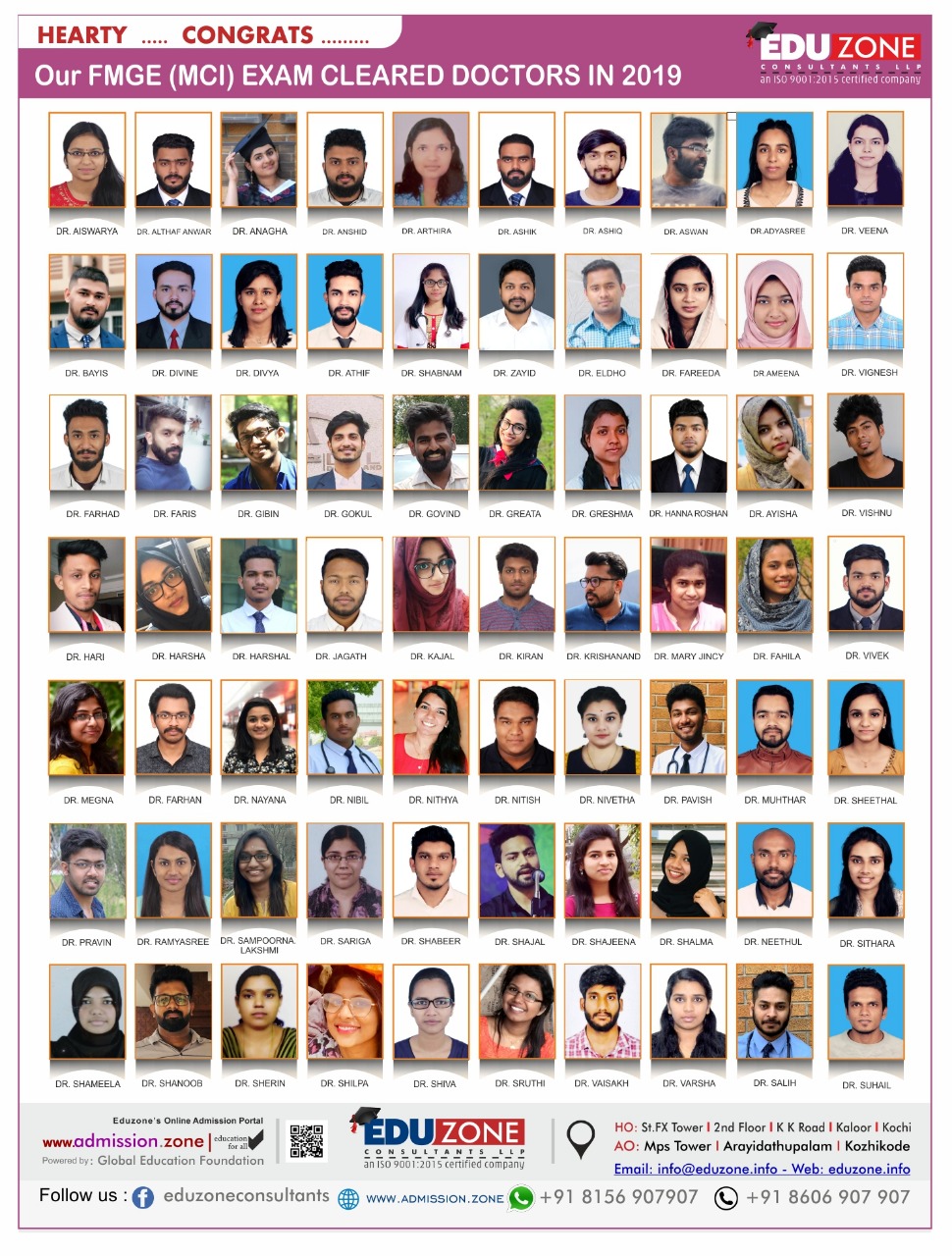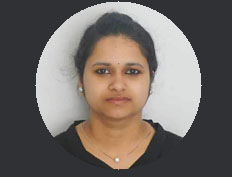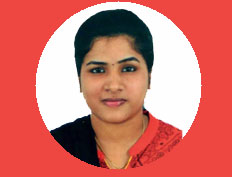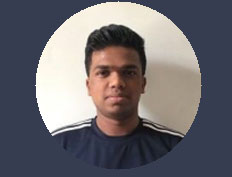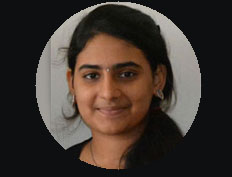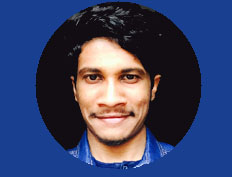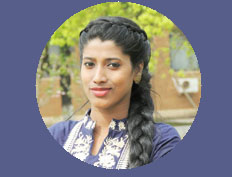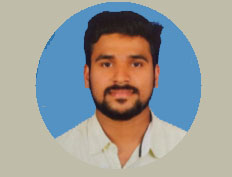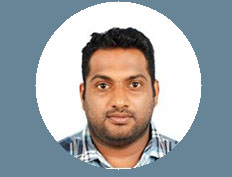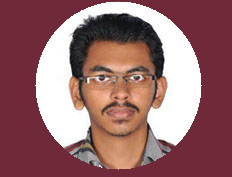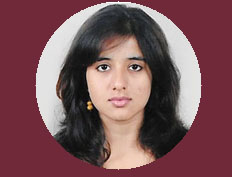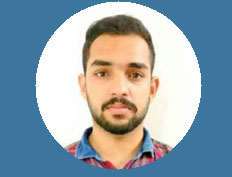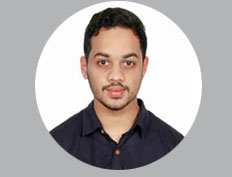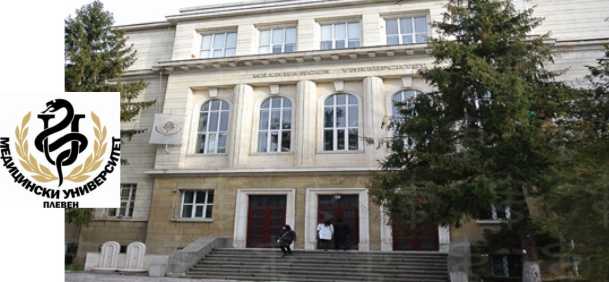
MEDICAL UNIVERSITY-PLEVEN - BULGARIA
The Pleven Medical University , one of the five medical Universities in Bulgaria, was established in 1974, expanding the horizons, size and reputation of the City Hospital, founded in 1865. Today, combining traditions of the past with the present possibilities, it incorporates educational and therapeutic facilities, contemporary pre-clinical base, Institute Hospital with more than 1000 beds with clinics in all major medical fields, as well as a large number of specialized clinics and research units with modern diagnostic and therapeutic equipment. These are efficiently used to treat patients, train students, trainee doctors, post-graduates and for research work. The University has all theoretic, pre-clinical and clinical departments required for the higher medical education. Up to date, more than 6000 Bulgarian and foreign students from over 30 countries have graduated from the University.
The current number of students is 2044. 275 of them are foreign students, including 78 of Indian nationality – the biggest community of foreign students at the university. Other international students are coming from the following countries: Macedonia, Serbia, Ukraine, Moldova, Greece, Turkey, Nigeria, Albania, Cyprus, Congo, Syria, Algeria, USA, Japan, Great Britain and France.
835 young doctors from Bulgaria and abroad are taking postgraduate courses at the different specialized clinics of the University Hospital.
The current number of PhD students is 53.
Highly qualified lecturers with comprehensive academic experience are employed. The course of instruction is carried out in 24 departments by more than 60 professors and aound 300 assistant professors. Most of them are members of national and international scientific and medical societies and authors of research studies. The academic year traditionally begins in the middle of September and ends in the end of May next year. It has two semesters of 16 weeks each, including 1-week holidays for Christmas and Easter. Because of the long terms necessary for processing of documents /especially visas/ of international candidates, the Academic Council of the University decided that the academic year for international students, English-language course of training, will start in the middle of February and end in the end of December. Since the year 2006-2007 the University started to organize a preparatory course in English language for international students coming from non-English-speaking countries, wishing to join the English language medical course. Various modern teaching methods are applied in the academic process. These include theoretical lectures, small group practical tutorials and seminars. Additionally, the students may join extracurricular teaching courses and scientific circles functioning at the departments. Training groups are composed of maximum 6 students. Current monitoring and assessment of the students' knowledge in each subject is done by assistant professors, who are responsible for the students' group instruction during the semester. Examinations are conducted in all required subjects of instruction after each semester within the examination session, which lasts 45 days. Final assessment of knowledge acquired by the students after accomplishment of their full course of study is given by the State Examination Board at a comprehensive theoretical and practical examination.
The University has two students hostels with over 400 beds. The hostel rooms are double- and triple- bed rooms, centrally heated, each having a bathroom. Students are not required to live in hostels and may go into private accommodation if they wish. Meals are provided at the students' canteen at a discount.
The sports facilities at the University enable the students to have regular physical training in different sport disciplines. There is an indoor multipurpose sports center, basketball and volleyball fields and tennis courts. The students can freely join students' unions and societies. Foreign students can establish their own national, ethnic and religious communities the functioning of which has to be in compliance with the laws of the Republic of Bulgaria. According to their interests and individual capabilities, students can become members of different scientific circles, culture and sports clubs.
In accordance with the principles of non-discrimination the University does not have any different attitude to students in connection to their nationality, sex, age, religion, sexual orientation, ethnical and political affiliations, financial and health status.



